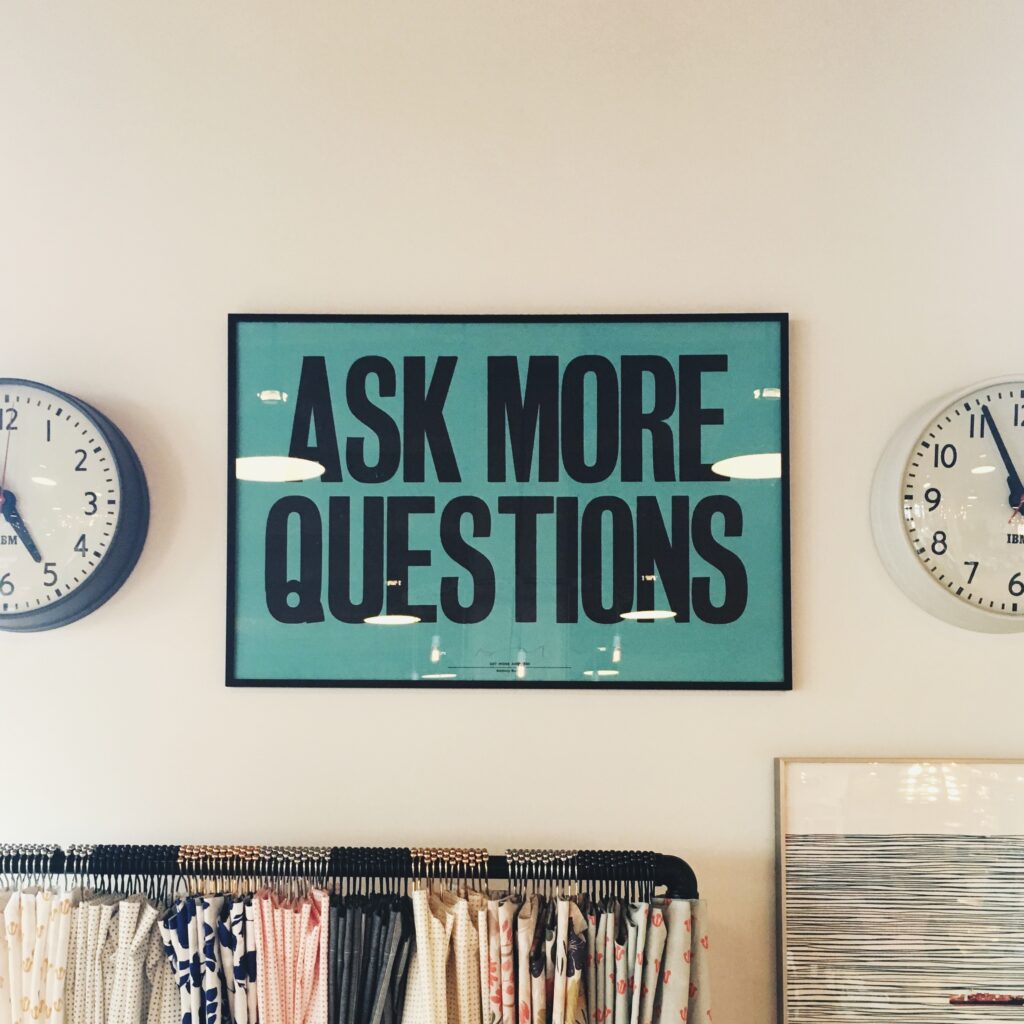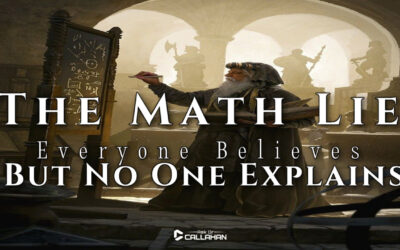Around the world, education is not as often available as it is in more developed countries. Too many high school students that I work with here in the US take math education for granted. You see, a global perspective on mathematics and it’s place in the world is a problem we, as the adults, created–or at least allowed. Here’s what I think we can do to change that narrative and start a conversation that creates a better perspective on math and education in general.
How many times have you heard someone say “I never use Algebra in real life?” Do you think it’s true? If it is, why are there so many countries clamoring to desperately learn this subject? The kids in the photo above walk miles each day, twice a day, enduring difficult conditions just to learn what we toss away as useless. Have you ever stopped to ask why that paradox exists?
There’s an epidemic among educators in the United States, including homeschool parents, where they believe math is “important” for their kid’s K-12 education, but cannot at the same time delineate WHY learning math is important. For the past 50 years, at minimum, most students in high school math were never taught why it matters to know math, where you use it in real life, and consequently, as they graduate, that education goes to waste.
Today’s kids go to school and complete assignments because it’s required. They approach any kind of study requiring intelligence to be on the same level as mandated torture. Math class has become something to be survived and then forgotten as effectively as possible, with as few scars as you can manage.
Does that sound like the definition of “intelligent, lifelong learning” that we say we are trying to achieve as teachers? Does “just do the work, get a grade, and walk away” sound like the foundation in education we want to give to our children? Education is the foundation upon which entire societies rise or fall. Stupidity kills and that’s not just a cliche. We know this truth is real, which is why we require math in school, but can we explain to students how to use it when they leave the classroom? Not very often.
Too many American students are not given a reason to learn. If you asked most teachers the question: “Is getting a grade and moving on the sum total of what you want for your child’s education?” that most of them, including homeschool parents, would heartily disagree. However, even as they don’t want that reality, many would remain at a complete loss for how to change it. As a result, they would lean on their undefined belief that it’s important, returning to the only education process they know: “get curriculum, pass tests, move on.”
If you’re educating mindlessly: STOP. There’s a better way.
At AskDrCallahan, one of the aims we strive for in education is to shed new light on why math exists, why it’s important to study math, and give educators the resources and lesson plans they need to bring active learning methods connected to the real world into their classrooms so that maybe–just maybe–the next generation of students will know why education on the whole matters an awful lot.
To get you started down this path with us here today, I wanted to suggest a project idea.
Here is a 3-step project idea to help you learn why math matters in the world.
- Pick several countries that you have never studied before. Maybe to narrow it down, choose one country from each continent and then compare their education systems.
- Take a look at how students learn.
- What tools do they have?
- What subjects do they teach?
- In places where public education is not the standard, what do the kids who aren’t in school do all day? Many kids here would think it a miraculous act of God on their behalf if they were allowed to miss school. If they lived in countries where kids don’t go to school every day, what does the typical day for those kids look like?
- The most important question I want you to ask for this project is this: What happens when the kids are not educated? How does a lack of education impact their society?
The point of the project is to show kids why education matters. You could extend the project and take a look at how education has provided the foundation that led to the many opportunities today’s generation enjoys. That’s not a cliche, either, by the way. We do have many opportunities because our parents, grandparents, and often great-grandparents were well educated.
There are many, many websites for you to take a look at, but to get a global perspective on education in other countries here are a few websites to get you started.
I am not affiliated with any of these websites and I don’t enough about the whole of each organization to be able to endorse them, so don’t take this list as anything other than shared information, but what you see here are some great places to change your perspective. Take a look, and comment below or send us a message. If you’re super brave, please shoot a video of your student discussing what they learned when they explored education in other countries and send it to us. I’ll feature some of the most compelling videos on the blog.
Have Fun Learning,
Cassidy
PROJECT SITES:
https://www.unicef.org/education/
http://www.humanium.org/en/world/right-to-education/
https://www.globalcitizen.org/en/content/10-barriers-to-education-around-the-world-2/
https://www.dosomething.org/us/facts/11-facts-about-education-around-world
* * *
Cassidy Cash is an artist. Her family founded AskDrCallahan when Cassidy was a teenager to help homeschool parents of high school aged students educate at a higher level in mathematics to preparing students for college and for life. Cassidy serves as the resident artist and filmmaker helping put our ideas on film and create the artwork that makes our message shareable. Cassidy lives in Birmingham, AL with her husband, Tim, their two sons, and more pets than what’s reasonable. Connect with Cassidy on Twitter @cassidycash, Find her writing and making movies about Shakespeare at her blog, www.cassidycash.com, or send us a message here at AskDrCallahan. Join Cassidy on Facebook each Thursday at 2pm Central for the AskDrCallahan Facebook Live Series, “Thursdays at AskDrCallahan”, our weekly talk show where we answer your questions about educating high school math at home.










